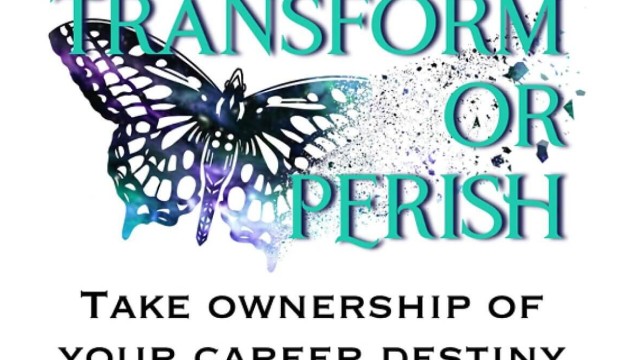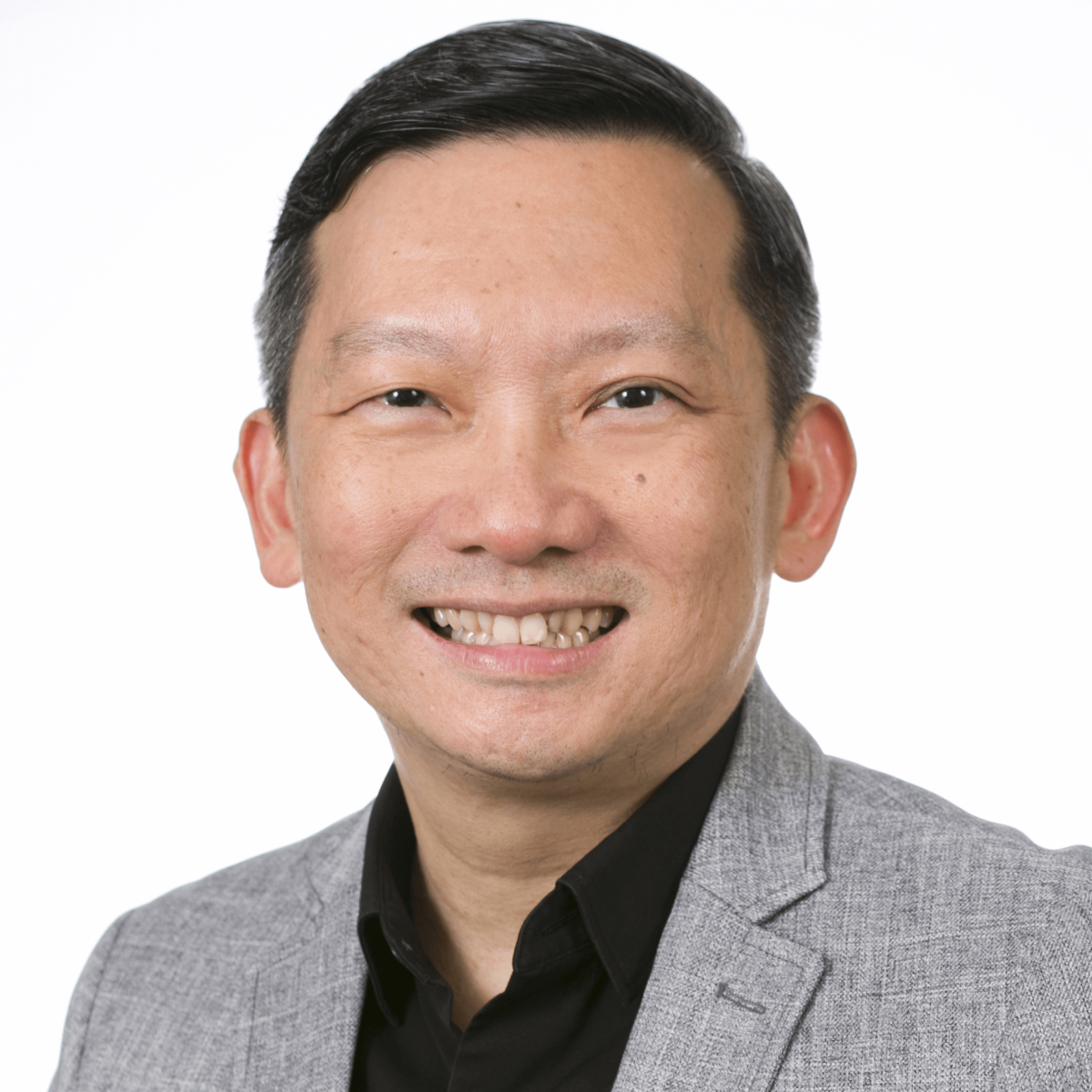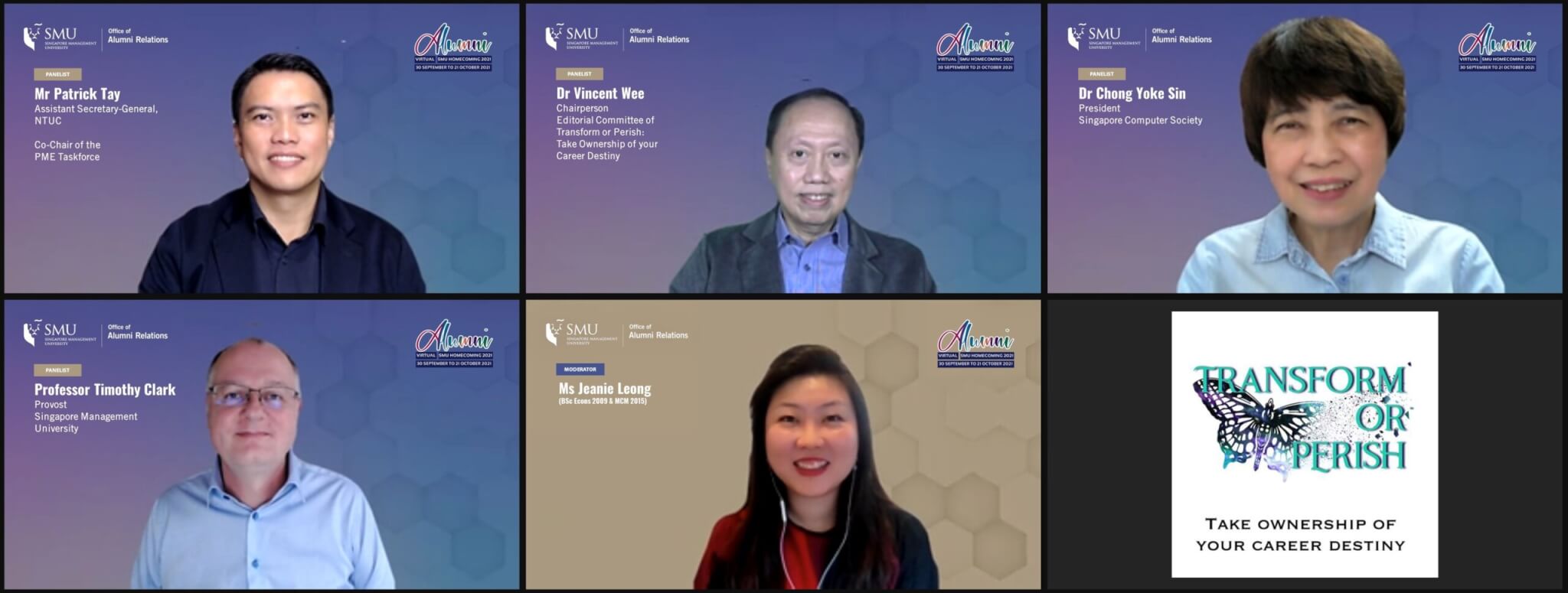
6 Ways to Build Career Resilience in the Disruptive Future
The Covid-19 pandemic had a profound impact on the labour force, including professionals, managers, executives and technicians (PMETs), whose career trajectories had been disrupted by a multitude of unexpected changes. With that, SMU alumnus Chong Tack Chun worked with alumni, business partners, and professionals to publish a book titled Transform or Perish: Take Ownership of Your Career Destiny. In a panel discussion during the book launch, the panelists shared strategies to navigate and thrive in the future economy.
“In 2020, the Covid-19 pandemic had unleashed global changes that impacted the way we work, live, study and play. Many enterprises were forced to fold due to the disruptions,” says SMU Master of Human Capital Leadership (MHCL) alumnus Chong Tack Chun (MHCL Class of 2020), and editor of the book Transform or Perish: Take Ownership of Your Career Destiny.
Amid the current economic climate brought about by the pandemic, professionals, managers, executives and technicians (PMETs) have found their career trajectories disrupted by a multitude of changes. And while there are job opportunities in new industry sectors, PMETs have to be ready to transform their capabilities for such opportunities and be prepared for jobs in the future economy.

Tack Chun collaborated with alumni, business partners and professionals across multiple industries to publish the book as an invaluable resource on career transformation strategies for PMEs to leverage in light of the current disruptions brought about by the pandemic.
The launch of Transform or Perish: Take Ownership of Your Career Destiny took place online and was accompanied by a panel discussion on “Building Career Resilience in the Disruptive Future”, led by Professor Timothy Clark, SMU Provost; Mr Patrick Tay, Assistant Secretary-General, NTUC and Co-Chair of the PME Taskforce; Dr Chong Yoke Sin, President, Singapore Computer Society; and Dr Vincent Wee, Chairperson, Editorial Committee, Transform or Perish: Take Ownership of Your Career Destiny.
Here are six key takeaways from the insightful, interactive session organised by the SMU Office of Alumni Relations on 14 October 2021, as part of SMU Alumni Homecoming 2021, with support from the Dato’ Kho Hui Meng Career Centre.

1. Rethink long-term employment
In the past, graduates fresh out of university will likely join a large organisation and build their careers in the same firm over an entire lifetime. Job security then was synonymous with working in a statutory board or huge corporation, where one could progress through different roles during a career. Unfortunately, companies of that nature are becoming less common, as newer and more transformative and disruptive startups are usurping less agile institutions. This trend has also rocked the notion of traditional job security, as employees now need to adapt to keep abreast of their organisations’ requirements continuously. Today, PMETs need to redefine what job security means for them, as long-term employment in the same company has become a thing of the past.
2. Adopt different strategies for different life stages
Young PMETs seeking new opportunities and fresh graduates entering the job market during a prolonged crisis are now facing more significant obstacles: the youth unemployment rate was 10.6 per cent in 2020 according to the Ministry of Manpower’s (MOM) latest labour market report in 2021. Consequently, younger job seekers should set more realistic goals and not be overly ambitious at the outset. As the economy recovers, there will be job opportunities in new industry sectors, and PMETs need to be ready to transform their capabilities for such opportunities.
On the other hand, those in the 40 to 60 age group who have been retrenched may find it even more of a struggle to find a new job or re-enter the workforce, even before the pandemic. This is why continuous learning and the ability to spot and seize opportunities when they come along is essential. However, upskilling in itself can be a challenge as the task of picking up new knowledge and going through the rigours of exams and assessments may be daunting for older adults. There is a need for older adults to embrace a positive, curious mindset towards acquiring competencies to remain relevant in the workforce.
3. Be a CEO of your career
In an age of rapid digital transformation, PMETs need to take ownership of their training and development to stay relevant, and create a strong support network of similar professionals — in other words, to be a CEO of their professional journey.
In the past, employees would have relied on their organisations to determine their training and groom them for new roles. Today, some may choose, for example, to join a startup where career paths can be more fluid. As such, they have to hone their skills to define their role and trajectory and be prepared for a new position or career opportunity. In addition, they can learn to build a strong network and find the right professional mentor to provide a steer as to areas they could thrive in.
4. Embrace lifelong learning and reskilling
Continuous education is a given in any environment, not least in an economy shaken up by global crises. Thankfully, future PMETs can tap on skillsets and tools available in an academic setting to build resilience, gain industry insights and undergo experiential learning, even before they step into the workforce.
SMU, as a university, has recreated specific life experiences within its curriculum by helping students hone decision-making skills and adopt frameworks, so they can practise them in safe environments and gain feedback on issues that they may face in the future. PMETs should also be aware of their knowledge and skills and develop them through continuous learning throughout their careers.
5. Keep an open mind
Today’s PMET should also be prepared to pick up new skills to segue into new job roles and opportunities. While the job market may be highly competitive now, there is a constant growth in new or transformed jobs in developed industries and a shortage of human resources with the necessary skills to take on such roles.
Professionals who have spent most of their careers in sunset industries, for example, may want to consider adjacent industries and the corresponding expertise required to enter the field. It also helps to think out of the box when considering ways to transition one’s career: Take a professional, for example, who has had a career in civil defence. The obvious career transition would be to join the security sector. Still, with the right skillsets and mindset shift, that same professional may be able to transfer their experience into healthcare, logistics and other numerous areas of opportunity.
6. Seize opportunities in new sectors
Job obsolescence can be avoided by spotting opportunities in growth sectors such as sustainability and embarking on education paths that could build strengths in such areas. Now that services and products can be easily delivered across boundaries, territories and geographies, it also widens new horizons for opportunities. However, PMETs need constant interaction with various stakeholders, including potential employers, to be up-to-date on areas of growth.
SMU, for example, has designed an experiential set of courses called SMU-X, where students work directly with companies to find solutions to problems. This is an opportunity for students to be creative, innovative, and think through different solutions to resolve business issues and gain the relevant experience to tap on opportunities in the real world.
Initiated by SMU alumnus Chong Tack Chun (MHCL Class of 2020), Transform or Perish: Take Ownership of Your Career Destiny is an invaluable resource on career transformation strategies for PMEs to leverage on. The book is available for purchase here.
Proceeds from the book sales will go towards supporting charitable causes such as The Straits Times Pocket Money Fund to help low-income families.




